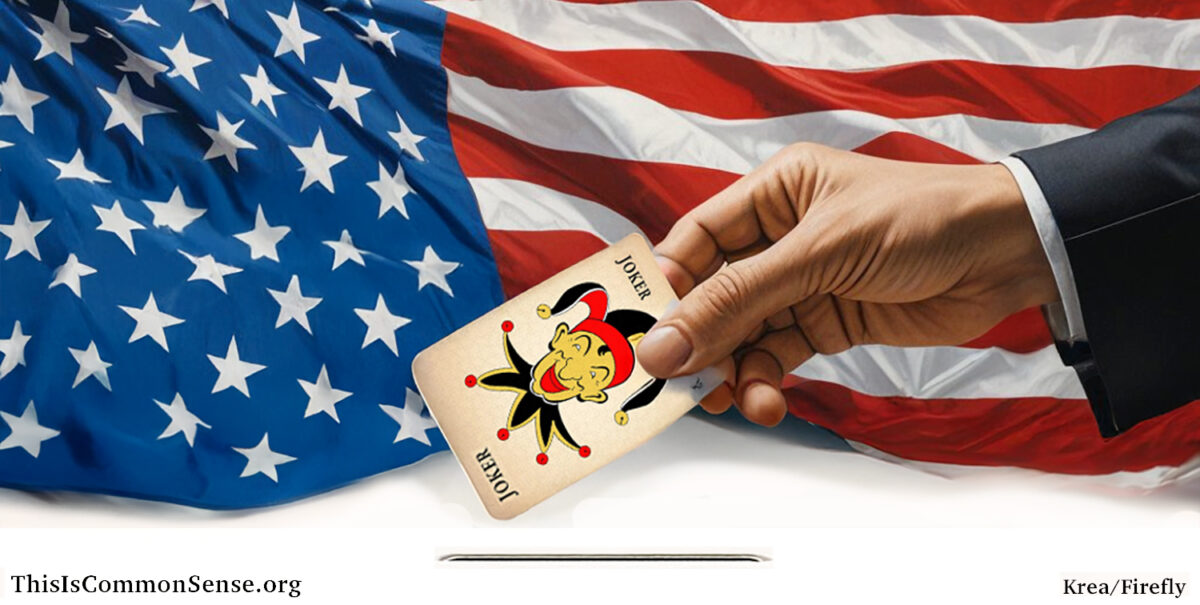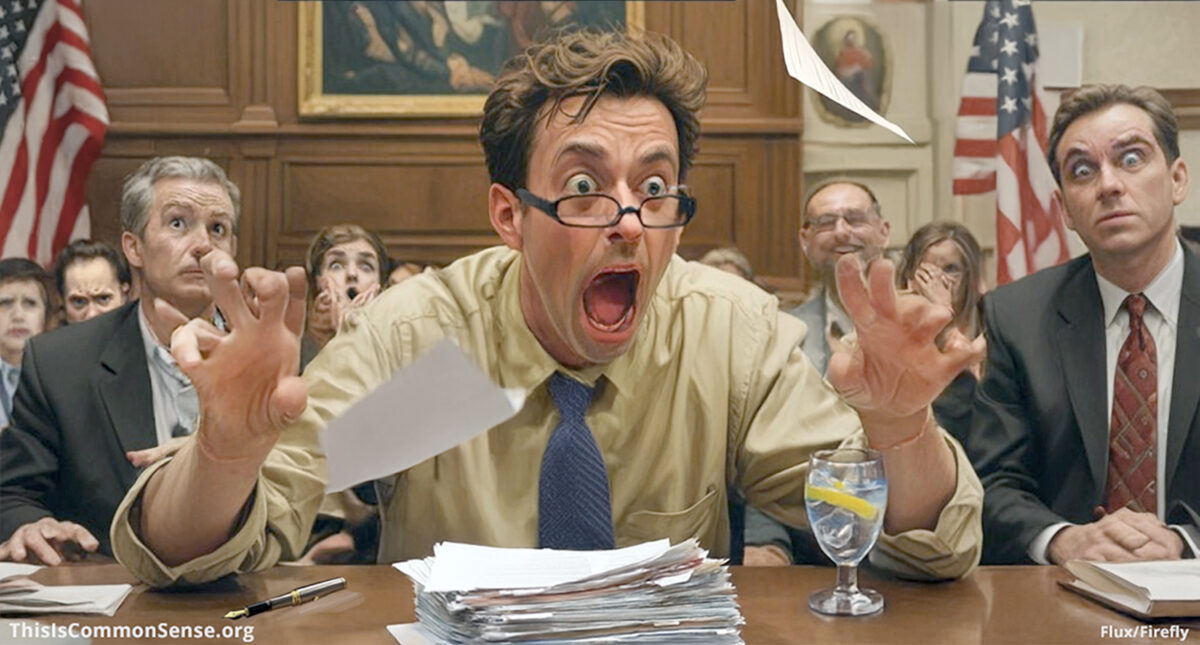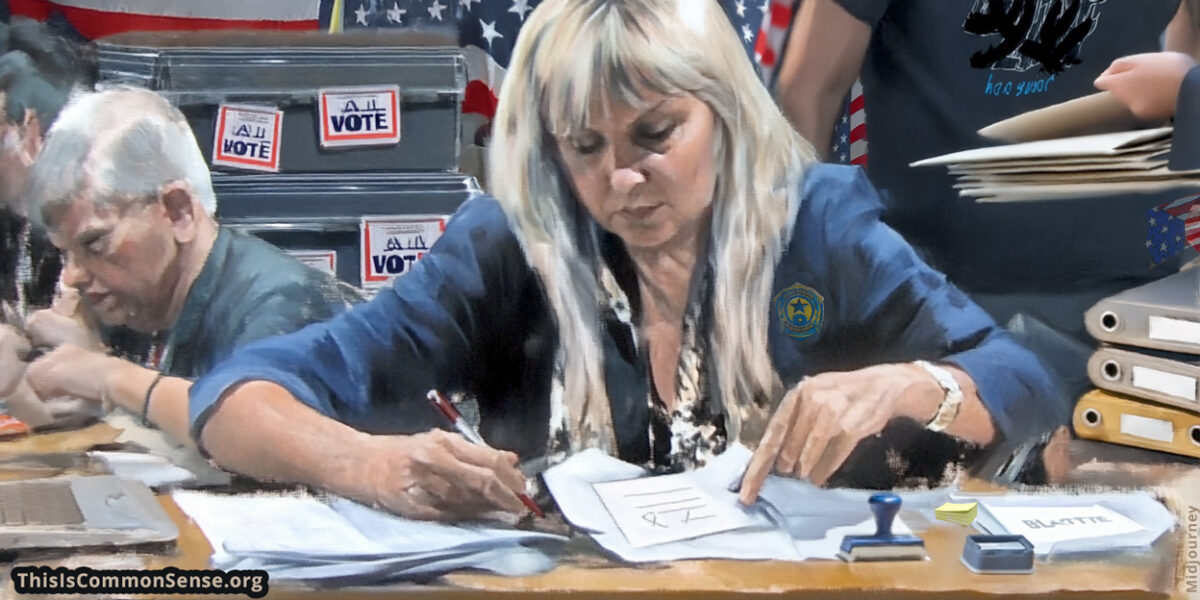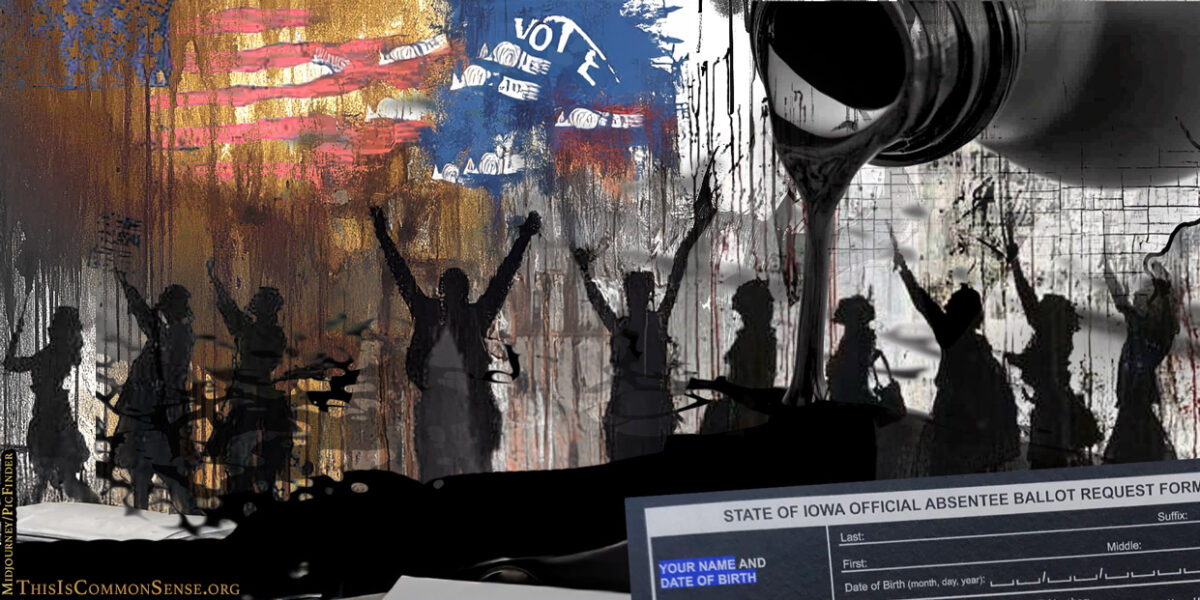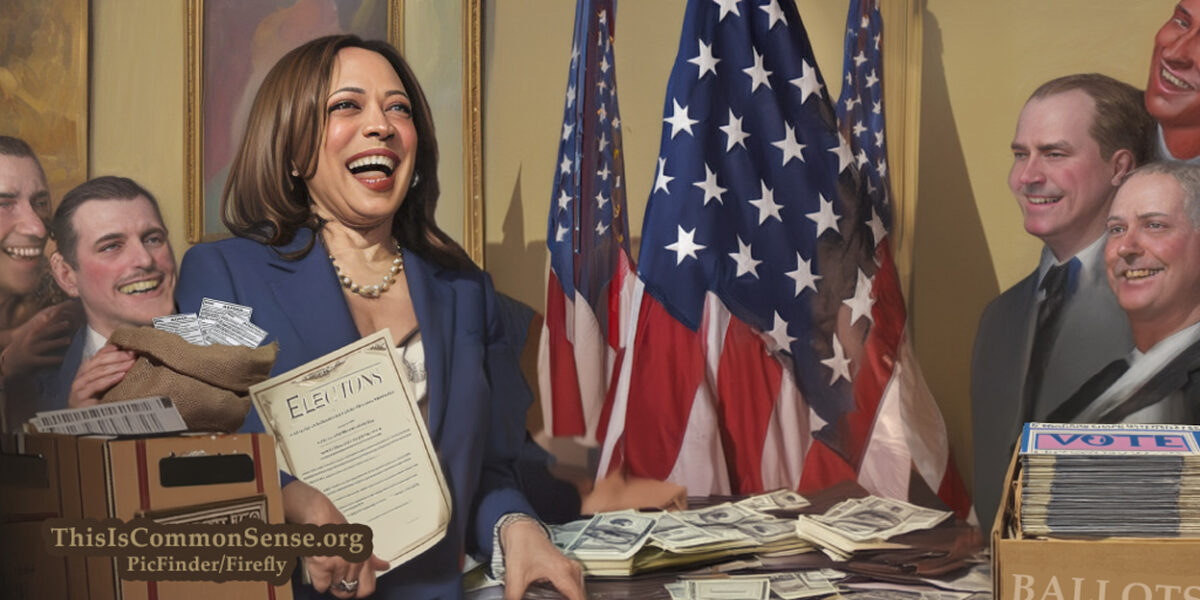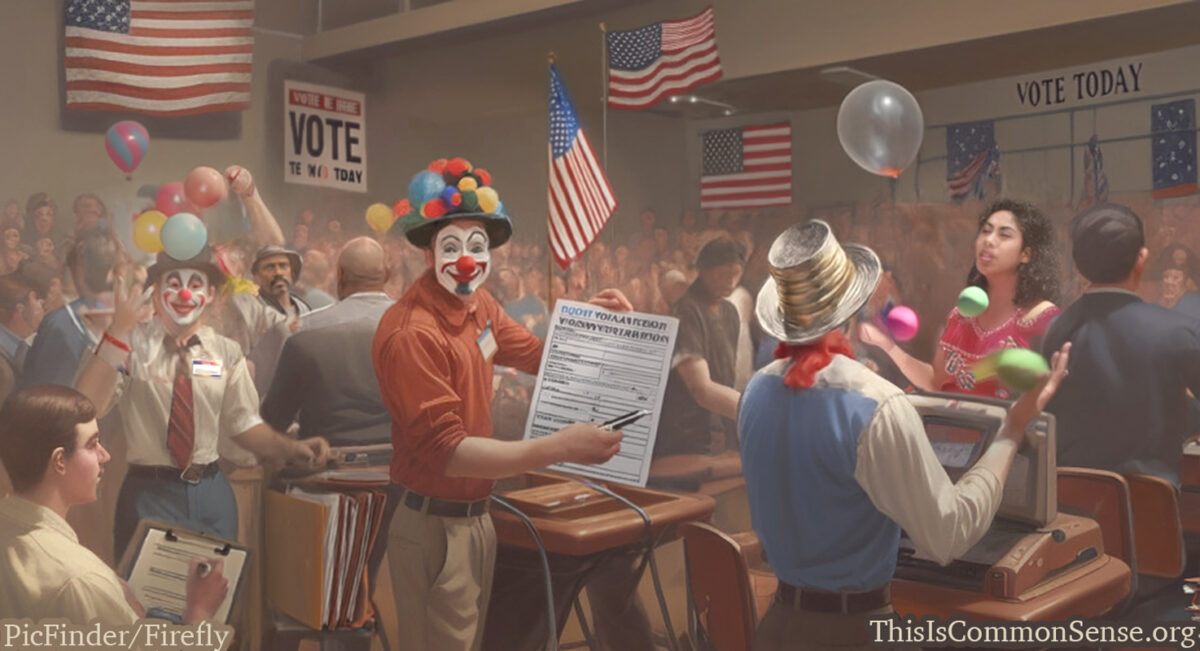“Election fraud,” said the president. “You’ve heard the term? This will end it, hopefully.”
The “This” being an Executive Order dated March 25, 2025, entitled “Preserving and Protecting the Integrity of American Elections.”
Interestingly, the opening unfavorably compares the American ways of voting with foreign nations.
“In tabulating votes, Germany and Canada require use of paper ballots counted in public by local officials,” the order explains, “which substantially reduces the number of disputes as compared to the American patchwork of voting methods that can lead to basic chain-of-custody problems.” The document adds that “countries like Denmark and Sweden sensibly limit mail-in voting to those unable to vote in person and do not count late-arriving votes.”
“It is the policy of my Administration to enforce [2 U.S.C. 7 and 3 U.S.C. 1] and require that votes be cast and received by the election date established in law,” Trump’s order states.
Well, California might have to start reporting the results of congressional races in under a month.
More consequently, the EO directs “the Secretary of Homeland Security” and “the Secretary of State” to “ensure that State and local officials have … access to appropriate systems for verifying the citizenship or immigration status of individuals registering to vote or who are already registered.”
The exact opposite policy from Biden’s refusal to help those seeking to enforce citizen-only voting policies.
In full disclosure, as chairman of Americans for Citizen Voting, I helped eight states pass Citizen Only Voting Amendments last November — and six states previously. This year, South Dakota’s legislature has already placed an amendment on the 2026 ballot and, yesterday, Kansas did likewise.
Democrats continue to push for non-citizen voting, which liberal courts in California and Vermont have upheld for cities, and to oppose these state amendments. But last week, New York State’s highest (and quite liberal) court struck down New York City’s noncitizen voting ordinance.
This is Common Sense. I’m Paul Jacob.
Illustration created with Krea and Fireflly
See all recent commentary
(simplified and organized)
See recent popular posts
